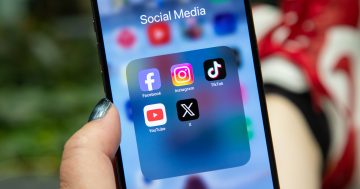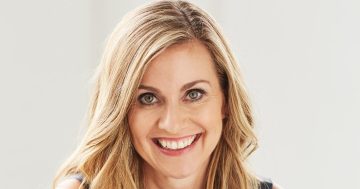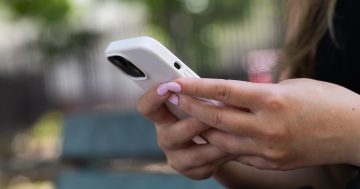
The social media ban in Australia is the first of its kind for Western countries and could prove detrimental if it isn’t handled with care, says Jarryd Rowley. Photo: Michelle Kroll.
Australia has become one of the first Western countries in the world to ban social media for kids under the age of 16.
The move resulted in teenagers from across the country being barred from the likes of Instagram, Snapchat, Facebook and TikTok – now YouTube is in the firing line.
Since the ban, announced in January, many parents and carers have been left wondering how it will be policed and what the repercussions will be for those who break the rules.
While I don’t have answers to what kids should and shouldn’t be allowed to access, a blanket ban is a knee-jerk reaction that won’t be effective to a generation so reliant on social media.
While social media is still a relatively new concept, for the first time in history we have teenagers and some young adults who have never lived in a world without it.
Facebook, the world’s biggest social media platform, was introduced to the world in 2004 and has three billion users.
YouTube’s first video was posted in 2005, and it has 2.5 billion users.
WhatsApp and Instagram were both introduced in 2010 and have two billion users.
Half the world uses social media, with nearly 80 per cent (20.7 million Australians) having at least one form of social media, according to a study conducted by DataReportal in February. Of those users, everyone under the age of 21 has never experienced a world without it.
Parents now have a new responsibility for their kids – social media moderation. This is uncharted territory, and one we and the government need to nail.
This is the first generation where kids, from the day they are born, will have been exposed to social media in some way, shape or form.
It’s clear we can’t let children watch, share or comment on anything they like. They are vulnerable, and whether parents like it or not, what they consume does warp the way they think and view the world.
We are constantly hearing about Andrew Tate and his influence on kids, the spread of misinformation by both wings of the political spectrum, and how violence or self-harm can spring from something kids have read or watched online.
It’s also clear that we live in a world where completely banning children won’t sit well with everybody. Parents and teachers have demonstrated some of the positives that come with using social media.
Yet, our Federal Government saw fit to ban everyone under 16.
This ban also raised concerns by the same people on how this will be policed, and whether it will cause kids and teenagers to be more secretive.
These issues aren’t something that can be swept under the rug.
We don’t want to live in a world where ideas are restricted and voices are drowned out, but we don’t want children to be radicalised in one way or another.
It’s a touchy subject and one we haven’t heard the last of.














